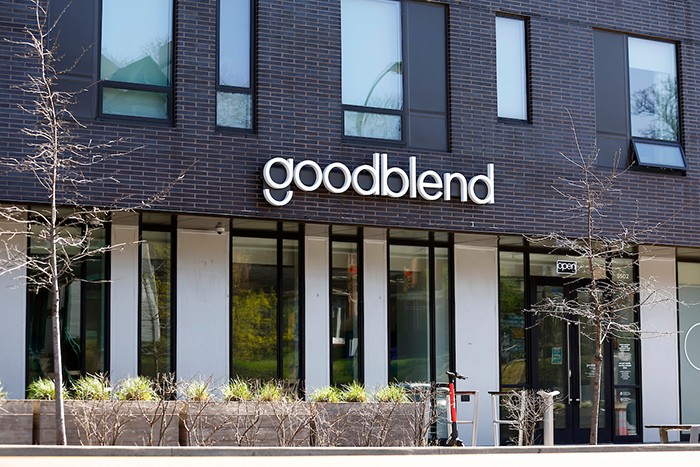Goodblend Pennsylvania LLC Ordered to Pay $15.5 Million and Vacate Pittsburgh Property
NEW YORK – Atlanta-based multistate operator Parallel’s subsidiary, Goodblend Pennsylvania LLC, a medical cannabis grower, has been directed by an Allegheny County Court to vacate its Pittsburgh facility and pay $15.5 million. The decision comes after Goodblend reportedly accrued $5.8 million in unpaid rent since October 2022.
The verdict, sanctioned by Judge Christine Ward, responded to a request from property owner IIP-PA 8 LLC, an affiliate of cannabis industry landlord Innovative Industrial Properties Inc. (NYSE: IIPR). The order decreed that if Goodblend fails to vacate by the November 1, 2023 deadline, all property remaining on the premises will be considered as abandoned and thus the property of IIP-PA 8 LLC.
In a defense earlier this year, Goodblend asserted that state medical cannabis regulations prevented its eviction. They emphasized the stringent guidelines on cannabis handling, storage, and the necessity of an authorized shutdown strategy. Regardless of these arguments, the firm later publicized its plan to halt operations.
Further complications arose when Goodblend’s stakeholders clashed. The majority owner, Surterra Holdings Inc., pushed for the company’s dissolution, citing insolvency. This move faced opposition from the minority owner, Medical Bloom Inc. However, in August, the court backed Surterra’s stance, prompting Goodblend to conclude its plans for closing the facility.
According to Judge Ward’s orders, Goodblend’s 20-year lease will be terminated by the end of October 2023. If they don’t comply, IIP-PA 8 LLC will immediately take over the premises, subjecting Goodblend to added legal expenses.
Historically, Parallel and IIP celebrated their acquisition of the Pittsburgh property, a deal once hailed as significant. The property, initially acquired by Parallel’s subsidiary for $22 million, was sold to IIP for a whopping $41 million the next day. Following this, Goodblend locked in a 20-year lease.
The situation turned turbulent when Parallel decided against its anticipated public offering, projected at around $1.8 billion, adversely affecting IIP’s market valuation.
Both companies have since been entangled in legal battles. Allegations have emerged against IIP for its purported failure to thoroughly vet its major tenants, with notable disputes involving Parallel and Kings Garden.
Parallel is also navigating its own labyrinth of legal challenges, notably securities fraud cases across several states. The central contention pertains to allegations that the company and its leadership, including former CEO William “Beau” Wrigley Jr., deceived investors regarding debt acquisitions, neglecting to disclose its defaulting status or clarifying the use of the acquired funds.



































